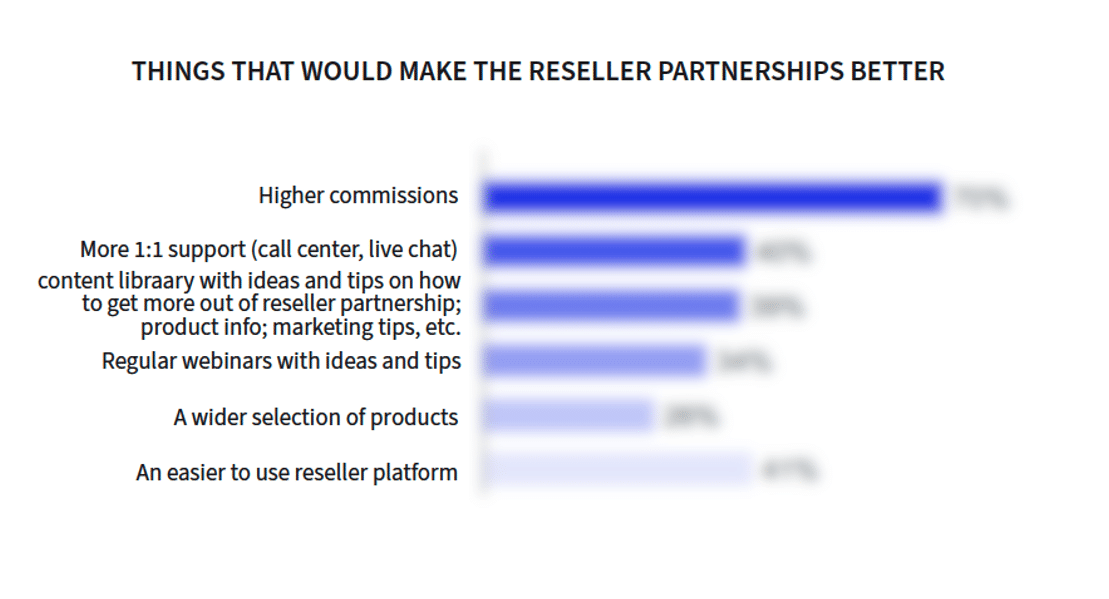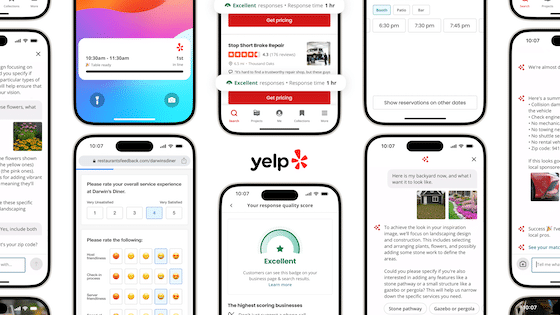As part of the ritual of examining local commerce and SMB Saas strategies, Localogy goes right to the source: SMBs themselves. How do they feel about marketing and operational software? What features do they want? And how has their hunger changed in a pandemic? This is all a moving target.
But as part of that exercise, we sometimes broaden the subject matter beyond traditional SMBs. In the latest Localogy study, done in collaboration with Mono Solutions, we looked specifically at freelancers. Why is this important? The Covid-driven “great resignation” has boosted the freelancer economy.
With that backdrop, who are freelancers, and what makes them tick? The report, The Freelance Channel – A Growing Reseller Resource dives in. After examining freelancers’ sentiments on the ways to make their reseller roles work better, we switch gears to examine the report’s top takeaways.
The thought is that the traditional role of freelancers – everything from copywriting to graphic design – has evolved into a reseller channel for tech vendors. In other words, freelancers have been discovered as an influential and organic inroad to enterprises, thus a back door for software sales.

Localogy members can access full charts and SMB survey reports. Non-members can purchase reports.
Data Dive
So after several weeks of breaking down the various data points from this report, we end the series with top takeaways…
- Freelancing is a growing segment of the labor force worldwide. And the trend toward freelance work was accelerated by the pandemic. However, the trend has been emerging for decades.
- Freelancers have a wide range of motivations for freelancing but are generally happy with the choice to work independently. This, as with many findings, varies significantly based on age.
- Younger freelancers, for example, are more open to going back to full-time work than older freelancers.
- Older vs. younger freelancers are clearly distinguished by the type of work they do, their motivations for freelancing, and their willingness to use technology.
- Content and word of mouth are the major drivers of new business leads for freelancers. Both are widely used across all age groups. Freelancers are not terribly inclined toward using paid advertising.
- And here is a summary of what we have learned about the intersection between the U.S. freelance market and software reselling.
- Already 29% of U.S. freelancers are acting as resellers. Those that do generally make less than 25% of their income from reselling.
- Among active resellers, accounting software is the most commonly sold category at 40% with marketing and CRM close behind at 38%.
- In general, reselling is not well understood by freelancers. More than a third were not even aware that reselling is a thing. Many others are just not convinced it would be a good use of their time.
- Many freelancers (56%) say they don’t resell because they simply do not believe they would be good at sales.
- Younger freelancers may be a particularly good target for software companies recruiting resellers. First, they tend to be in more technology-focused specialties that need resellers. And they are generally more comfortable using DIY tools. Finally, they are more likely to need additional income.
- Older freelancers, on the other hand, are more established, which implies they have more trusted relationships with their clients. This is an important ingredient for any successful reseller. On the other hand, they are more likely to say they are already hitting their financial objectives via freelancing, making them less hungry for additional income.
- The survey reveals ideas for persuading more freelancers to consider reselling. And for getting more results from those who already do.
- For example, why not share content that shows how successful resellers weave selling into their workflow?
- This would demonstrate that it doesn’t take an inordinate amount of time. — Or maybe create content showing how reselling contributes to a freelancer’s income stream? — Or perhaps, develop messaging that makes it clear that reselling activity is not cold calling or hard selling?
- It is more about tapping into existing relationships and profiting from the recommendation they are already making.
Time to Shine
Stepping back, SMB online marketing – website-based or otherwise – continues to grow rapidly. SMB SaaS startups and online services providers are correspondingly thriving as it continues to grow as a leading subsector of the broader SaaS universe. There’s a long-tail opportunity at play.
Meanwhile, new SMB SaaS users could represent permanent adopters – a concept that’s accelerated in the Covid era as SMBs are forced to boost their digital transformation. This sends them into the arms of SaaS providers to accomplish a range of marketing and operational functions.
We’ll return in the next installment to go deeper into Localogy original survey research. That will include SMB goals and success factors. Let us know what additional insights jump out at you from the above data, and stay tuned for more breakdowns in our Benchmark Bytes series.




